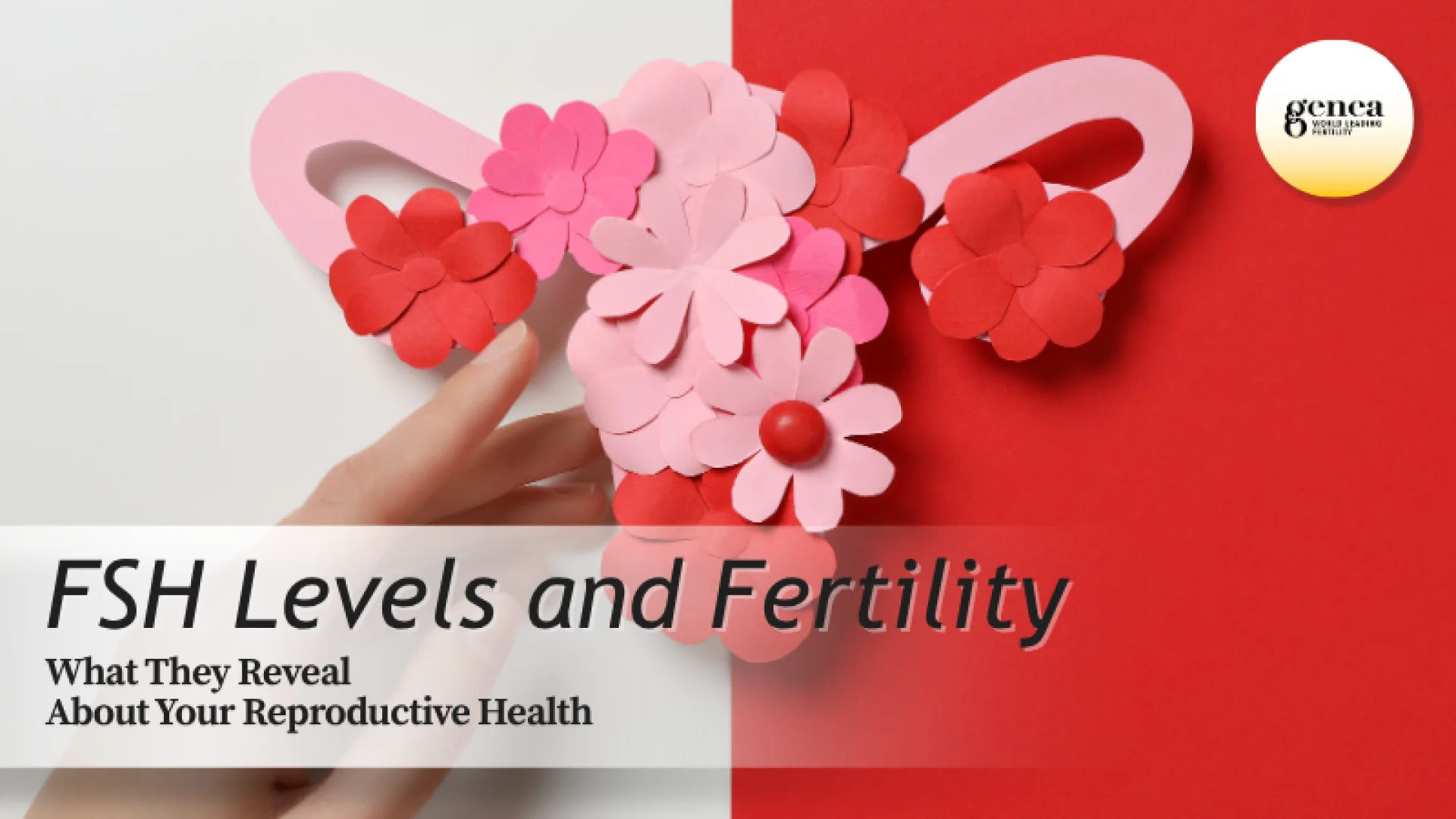FSH Levels and Fertility: What They Reveal About Your Reproductive Health

What is FSH and why is it important?
FSH stands for Follicle-Stimulating Hormone. It's a hormone produced by your pituitary gland in your brain that plays a crucial role in reproduction.
In women, FSH helps eggs grow and mature in the ovaries. It's also responsible for producing estrogen, which prepares your body for pregnancy. For men, FSH helps produce healthy sperm. Think of FSH as the starter motor in your car without it working properly, the engine (your reproductive system) won't run smoothly.
The tricky part is that FSH levels change throughout your menstrual cycle and your lifetime. Normal FSH levels for women of reproductive age typically range from 4.7 to 21.5 mIU/mL (a unit used to measure hormone levels in blood), but doctors usually test it on day 2 or 3 of your cycle when levels are most stable.
What do FSH levels indicate?
Your FSH levels can give doctors important information about your fertility. Here's what different levels might mean:
Normal FSH levels suggest your ovaries are responding well to hormonal signals. This indicates that your reproductive system is functioning properly.
High FSH levels often indicate that your brain is working harder to get your ovaries to respond. As women age, FSH levels increase in response to a natural decrease in egg quantity, known as the "ovarian reserve."
- This is similar to how your body might increase insulin production when cells become less responsive to it the brain compensates by producing more hormone to achieve the same result.
- Many fertility centers consider FSH levels above 9 to indicate reduced ovarian response, though this can vary between laboratories.
- However, it's important to remember that high FSH doesn't mean you can't get pregnant it just gives doctors information about how your ovaries might respond to treatment.
FSH and IVF outcomes
If you're considering IVF, your FSH levels help doctors plan your treatment. Women with normal FSH levels often respond better to fertility medications that stimulate egg production.
Elevated FSH levels suggest that you may not respond well to medications that stimulate egg production, but this doesn't mean IVF won't work. In young women who have elevated FSH levels, the outcomes of IVF may be near normal thanks to persisting egg quality even though the quantity of eggs may be lower.
At Genea Thailand, our fertility specialists take a personalized approach to each patient's FSH levels. Our doctors will carefully review your individual case and recommend the most appropriate treatment plan based on your specific situation.
This might include adjusting medication doses, modifying treatment protocols, or exploring alternative options such as donor eggs when suitable. Every patient receives tailored care.

Can you improve FSH levels?
The honest answer is that you can't significantly lower FSH levels through lifestyle changes alone it's largely determined by your age and genetics. However, you can support your overall reproductive health.
- Maintaining a healthy weight, eating a balanced diet rich in antioxidants, managing stress, and avoiding smoking can help optimize your fertility.
Regular exercise is beneficial, but excessive exercise can actually raise FSH levels, so moderation is key. - Some women find that acupuncture and certain supplements may help, though scientific evidence is limited. Always discuss any supplements with your doctor before starting them, especially if you're undergoing fertility treatment.
Remember, one test doesn't tell the whole story. FSH levels can vary from cycle to cycle, so your doctor might want to repeat the test or combine it with other hormone tests like AMH to get a complete picture of your reproductive health.
At Genea Thailand, We use FSH levels along with other tests to create personalized treatment plans that give you the best chance of success.


